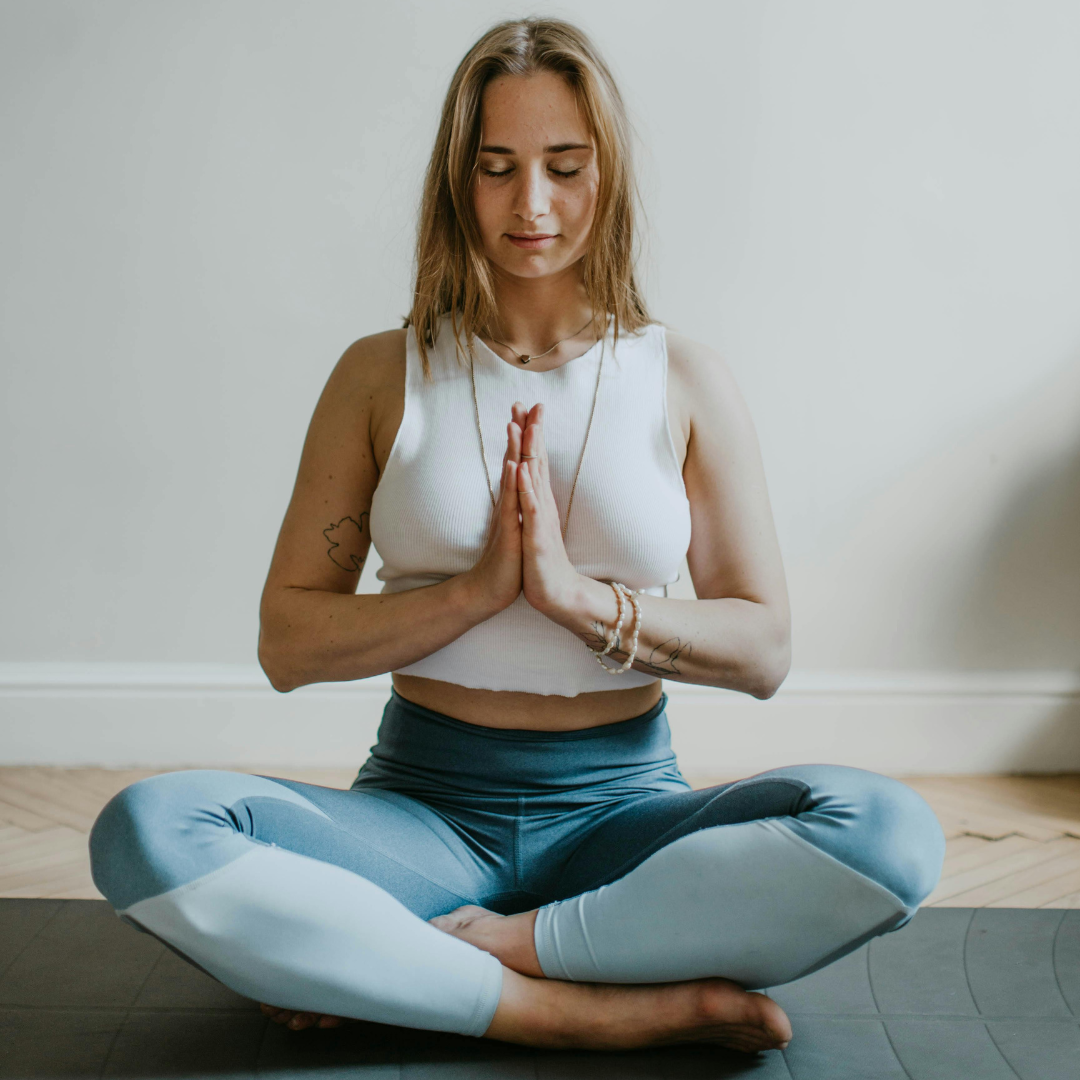Inhale Calm, Exhale Stress: The Power of Deep Breathing
Life can feel like it moves at a million miles an hour. Between the constant pings, deadlines and to-do lists, it is easy to forget one of the simplest and most powerful tools we have at our disposal: our breath.
Deep, mindful breathing is not just a relaxation technique; it is a proven way to reduce stress, improve focus and support overall wellbeing, all without fancy equipment or hours of training. A few intentional breaths can help you feel more grounded and in control, right here in the moment.
Why Deep Breathing Works
Deep breathing activates the body’s parasympathetic nervous system, often called the “rest and digest” response. When we slow our breathing and focus on longer, deeper inhales and exhales, we send a signal to the brain that we are safe. This simple shift helps to:
Reduce stress and anxiety: Calming your nervous system eases racing thoughts and tension.
Increase relaxation: Slow breaths lower your heart rate, encouraging a sense of calm.
Lower blood pressure: By reducing stress hormones, deep breathing can help keep blood pressure steady.
Enhance focus and clarity: A better oxygenated brain stays sharper and more present.
Improve oxygen intake: Deep breaths fill the lungs more fully, delivering fresh oxygen to your cells.
Support overall health: Consistent practice can benefit your immune system, mood and sleep.
A Simple Deep Breathing Exercise
Here is a quick practice you can try anywhere, whether at your desk, in your car while parked, or before bed.
-
Sit or lie down somewhere comfortable.
-
Close your eyes and place one hand on your belly.
-
Inhale slowly through your nose for a count of four, letting your belly rise.
-
Hold your breath gently for a count of two.
-
Exhale through your mouth for a count of six, letting your shoulders drop.
-
Repeat for five to ten rounds, or until you feel calmer and more focused.
Tip: Pair your breathing with a short affirmation, such as “I breathe in calm… I breathe out tension.”
Making It Part of Your Daily Routine
Consistency is key. You do not need a big chunk of time. Even a minute or two can make a difference. Try adding mindful breathing to:
Your morning routine to start the day with clarity.
Work breaks to reset your mind between tasks.
Before bed to help you unwind and sleep more soundly.
Moments of stress or overwhelm to steady your emotions.
The Takeaway
Deep breathing is a free, accessible and powerful tool for improving both mental and physical health. By simply tuning in to your breath, you can transform the way you respond to stress and bring more calm into your daily life.
The next time you feel tension rising, pause, take a slow inhale and remember: calm is just a breath away.


